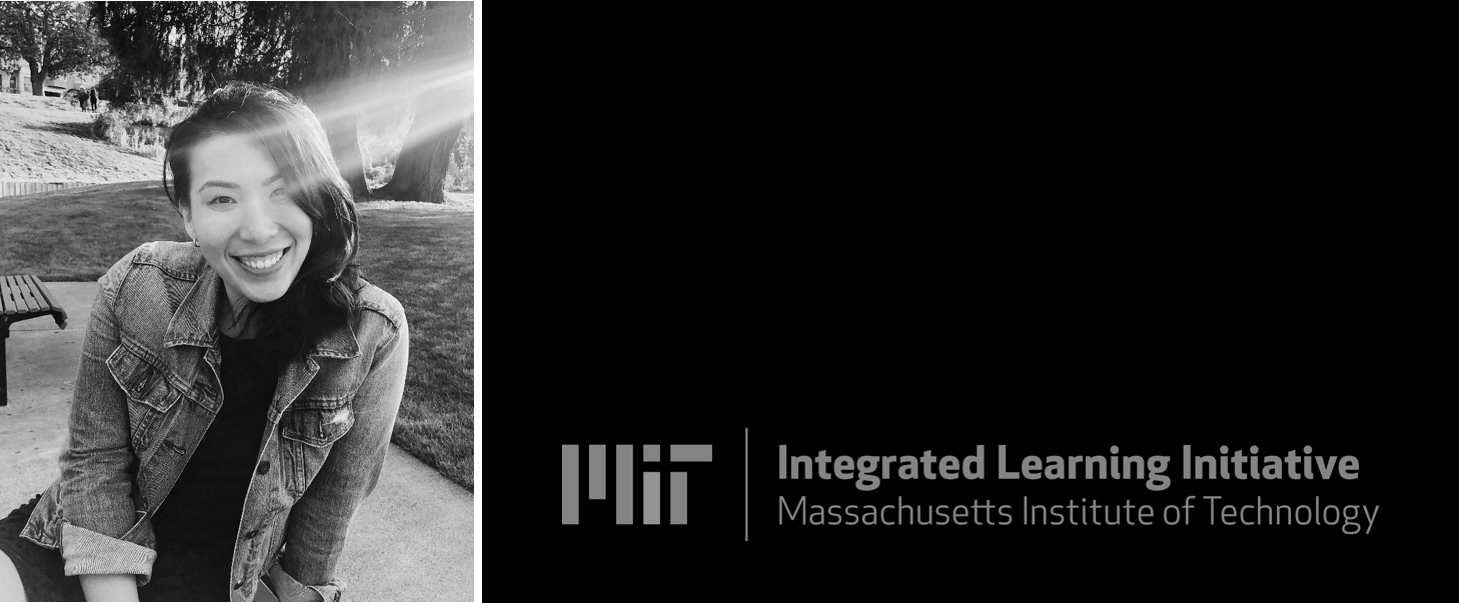
Dr. Tsai is a postdoctoral research associate at McGovern Institute for Brain Research. As a cognitive neuroscientist, she collaborates with cross-functional teams to translate research to inform the development of learning products/programs. Her expertise is on the effects of stress on prefrontal development and function (e.g. Executive Functions).
She received her Ph.D in Learning, Cognition and Development at UC Irvine. Her goal is to understand the concept of “resilience” from a cognitive perspective and leverage this scientific understanding to help improve learning and mental health outcomes.
When did you first become interested in cognition and brain science?
As an undergraduate at UC Berkeley, I had a keen interest in understanding how people learn and perform their best. When it was time to declare my major, I realized that most of the “fun” courses I had taken were in the Cognitive Science department, which made completing the degree much easier. I also had the privilege of working as a research assistant in the laboratories of Robert Knight and Arthur Shimamura which heavily influenced my interest in studying human learning and memory within the brain sciences.
What are some ways understanding the brain and how it works can help in the classroom?
Understanding that the brain operates in a social-emotional context—that is, our environment and how we feel very much influences our brain function! My research has found context to either support or diminish cognitive functions critical for learning. Thus, educators should be aware that an individual’s intellectual performance in one setting may not necessarily reflect their absolute capacity. Moreover, the social and emotional environment that is created should be considered just as the content that is taught in the classroom.
What types of research do you think might be valuable in your field post-COVID?
In the past nearly two years since March 2020, people are more aware of stress in their daily lives. Covid has revealed that stress, particularly chronic stress, is inescapable. People are also expressing greater challenges in performing or feeling their best. As a cognitive neuroscientist, I can’t help but think about how the cumulative effect of these environmental stressors impact our brain function, and ultimately our learning and mental health. I published a paper recently in the Journal of Experimental Child Psychology highlighting the causal link between chronic stress and later mental health outcomes, and I think this type of research will continue to grow along with our interest in preserving mental health.
What advice would you give to aspiring brain scientists?
Continue deepening your interests through coursework and research.
What is your favorite thing about working at MIT?
I am in constant awe of our community of scholars from all around the world! My colleagues are not only great scientists but are driven to use their science for social good.